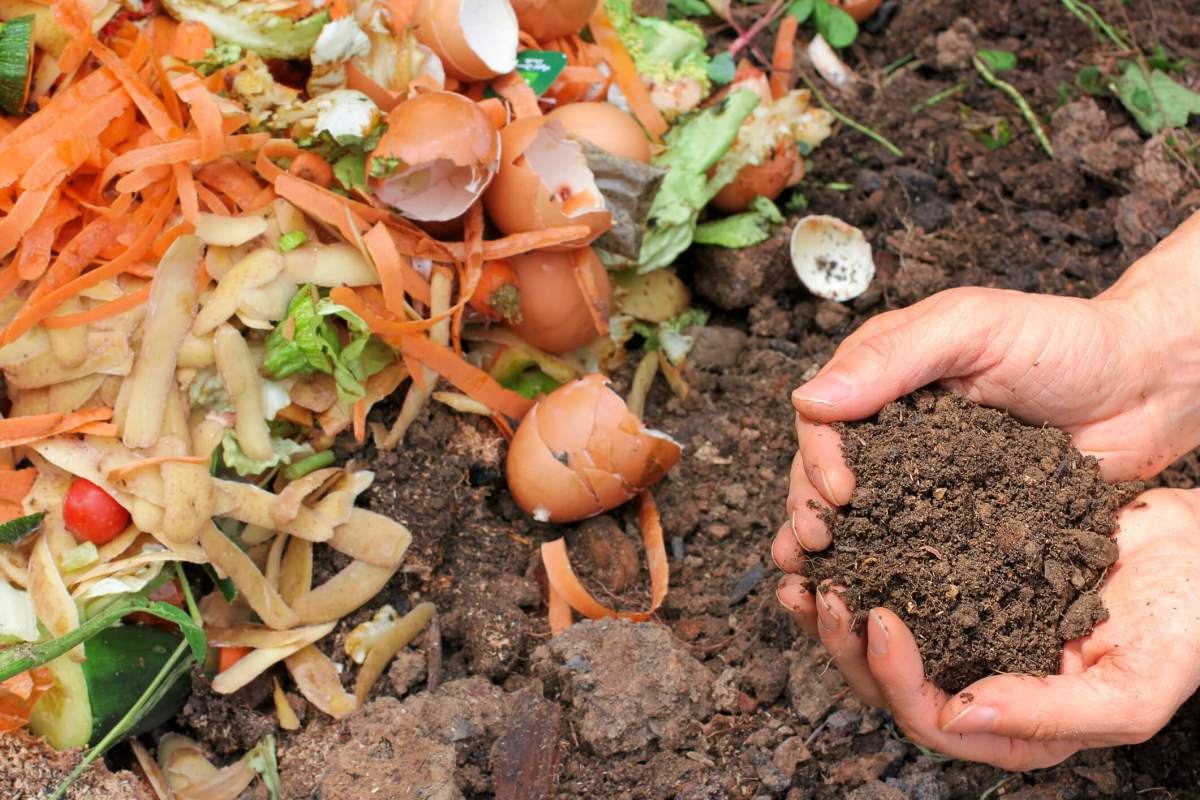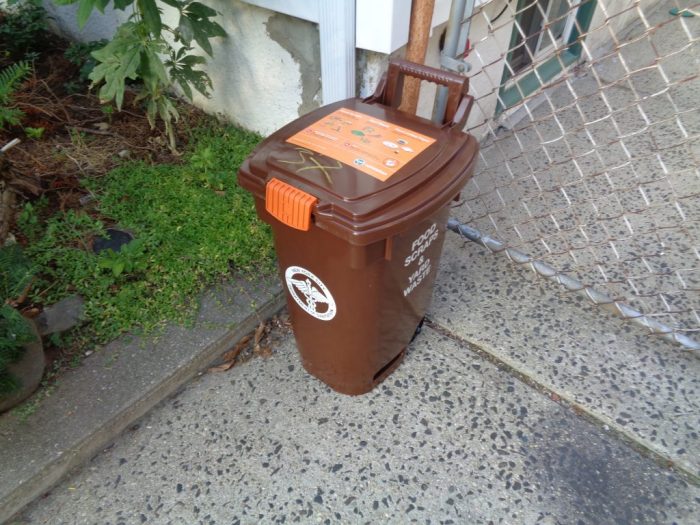April is always full of recommendations for taking action on Earth Day, but creating lasting change requires incorporating sustainable practices into our daily lives, rather than simply participating in a one-time park clean-up event. A simple way to start is for New Yorkers to reduce the amount of food they waste each day. According to the EPA, food takes up more space in U.S. landfills than anything else; and that matters because decomposing food emits methane — a greenhouse gas that is more than 25 times as potent as carbon dioxide (CO2) — and contributes directly to global warming.
We can take steps by working to understand expiration labels to avoid throwing away fresh food and planning meals to avoid overestimating the amount of food we need. We can also make it a habit to compost food that truly must be discarded. Composting recycles organic materials and turns them into fertilizer that improves the quality of soil and helps plants grow. But we also need the government to play a role, especially in cities like New York where backyard composting isn’t a widespread option.
Unfortunately, New York’s existing residential organic waste management program has taken a long time to roll out and is available in only a handful of neighborhoods. There were hopes that the program would garner a larger footprint in the city, but Mayor Eric Adams recently made the controversial decision to halt the expansion in his preliminary budget. While many were disappointed that the program will be delayed even further, Mayor Adams is right that we can build something better. But the time to do so is now, to ensure the rollout of such an important program does not slip further.
Arguably, the current program design may be causing more harm than good as trucks meander across neighborhoods, spewing out diesel exhaust with little to show for it. The overwhelming positive environmental impact experienced through composting is well-documented and supported by rigorous analysis and myriad studies, but in order for it to make a broad impact, the city should think about a community approach using local zones or micro haulers with experience collecting organic waste.
The city is already poised to implement a similar model for the waste produced by businesses through Commercial Waste Zones, which will help create a more organized approach to waste management and reduce the amount of time diesel-emitting trucks spend on our streets by dividing the city into local “zones” with dedicated haulers. The city could apply this zoned approach to residential organic waste collection.
Some private companies that service commercial businesses in New York already have organics programs in place that could be leveraged for an improved residential collection program. For example, at Recycle Track Systems, we partner with Rethink Food to ensure that high-quality, fresh excess food makes its way from restaurants and offices to community-based organizations and people facing food insecurity. We service CitiField and the Barclays Center and provide them accurate in-depth reporting on composting for their organic materials. We also take food waste that’s no longer edible and use it to manufacture a sustainable cleaning product called Veles, available on zerowaste.com.
We must bring more than good intentions to the table this Earth Day. While New Yorkers bear responsibility for being sound environmental stewards, we need a partner in government that recognizes the urgency of sustainable waste management and acts as an impetus to progress. By halting the expansion of curbside organics collection, City Hall is demonstrating that it is willing to make tough choices to ensure New York’s environmental programs are producing results.
Policymakers have the opportunity to implement the private sector’s best practices that have been proven to be effective — environmentally, economically, and logistically. With this win-win approach, a new era of responsible waste management can be ushered into the city, paving the way to a cleaner future for New York.


































